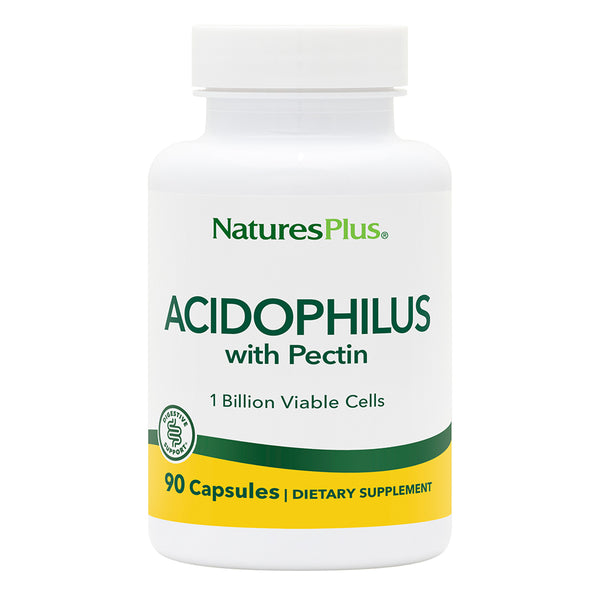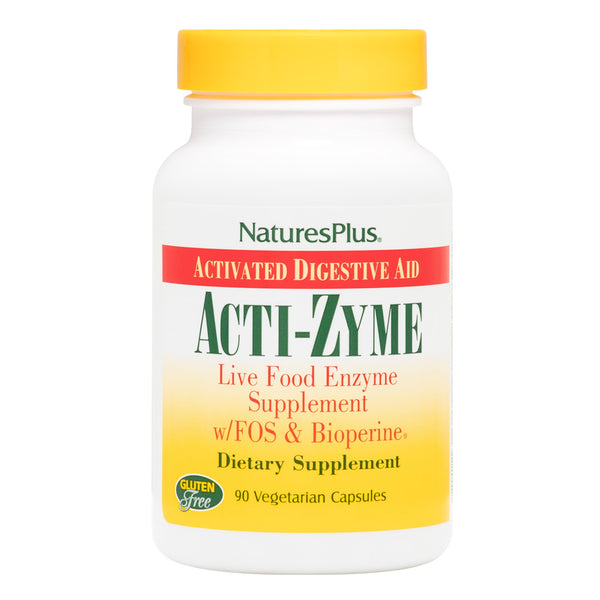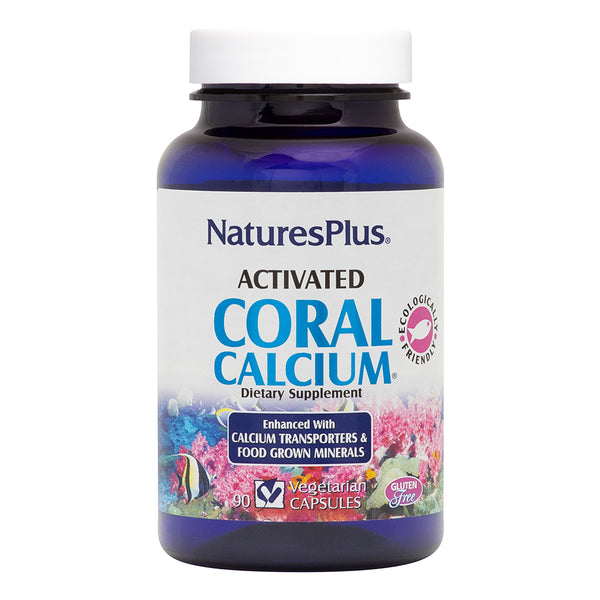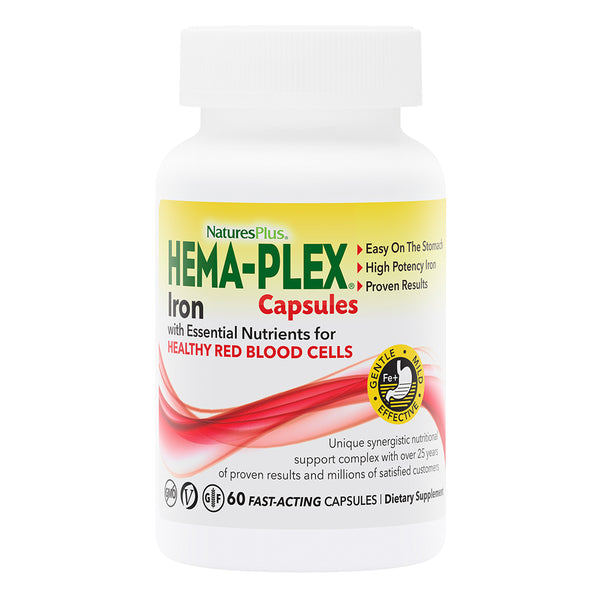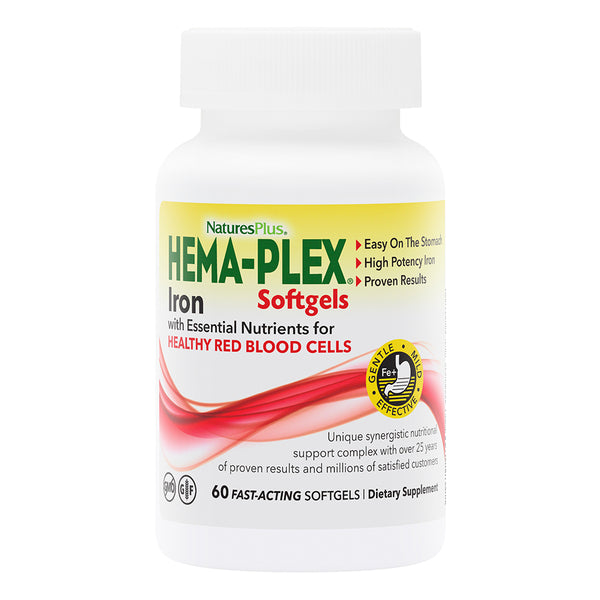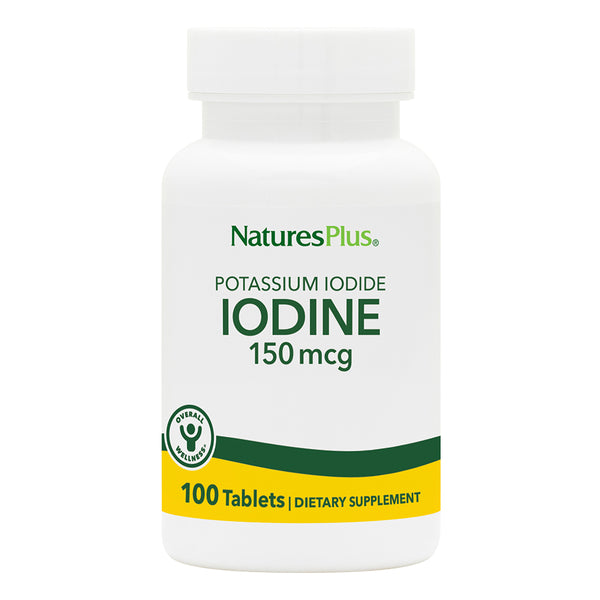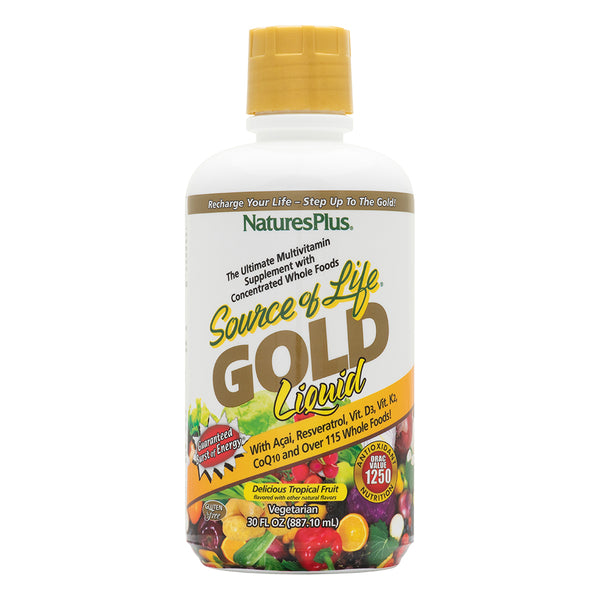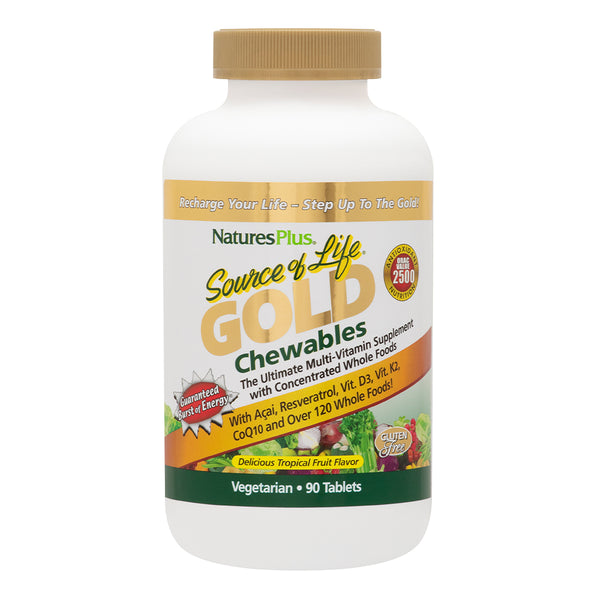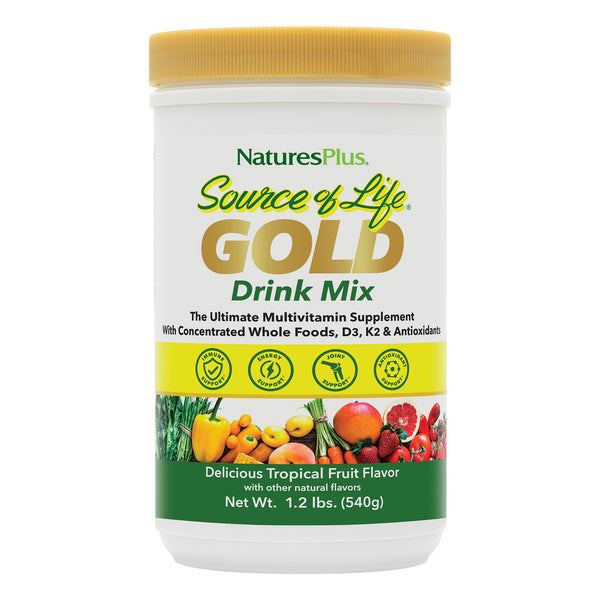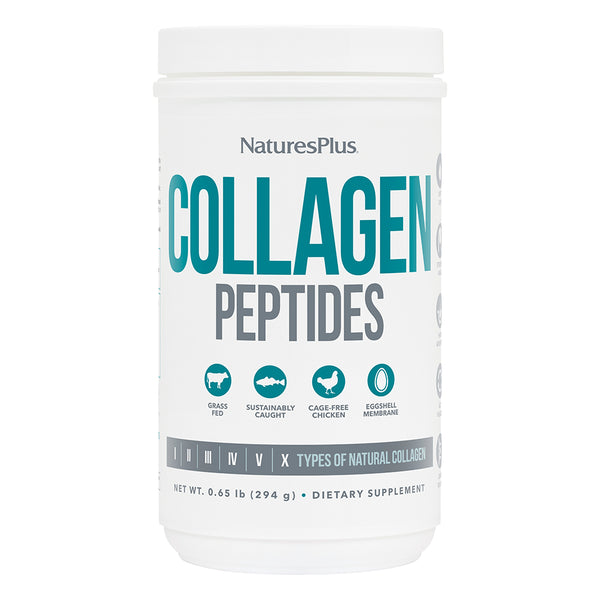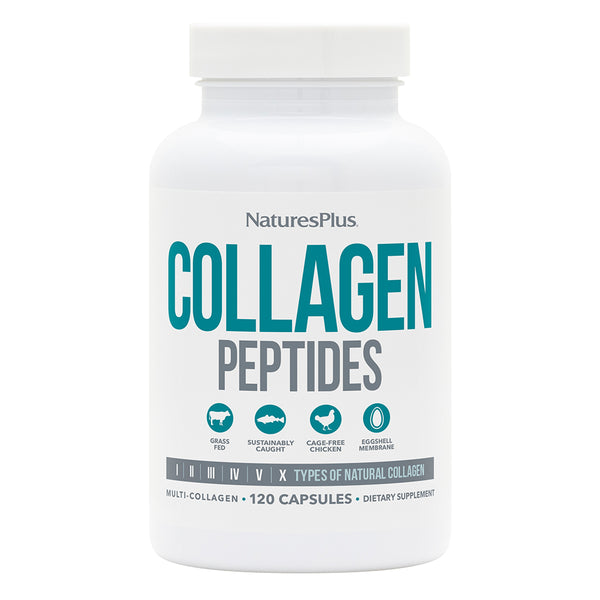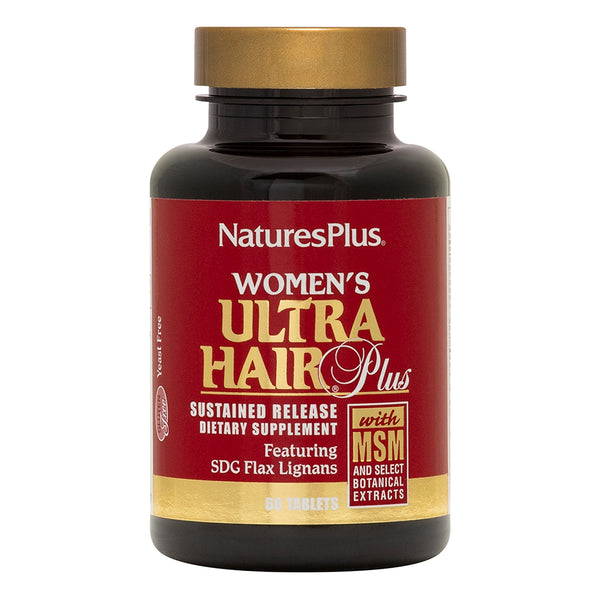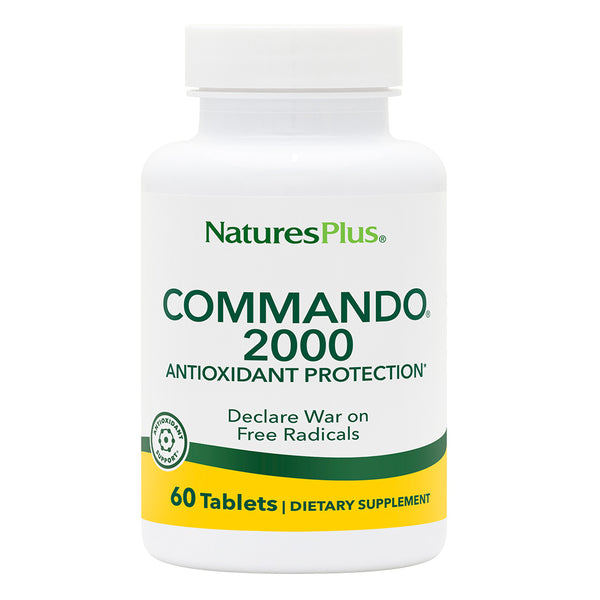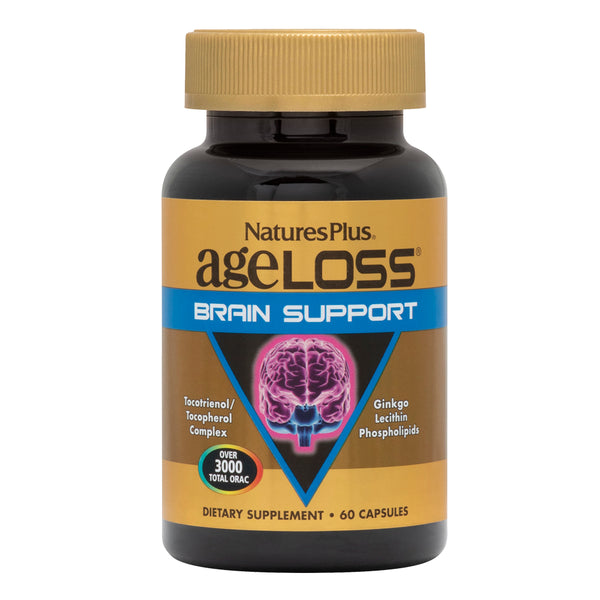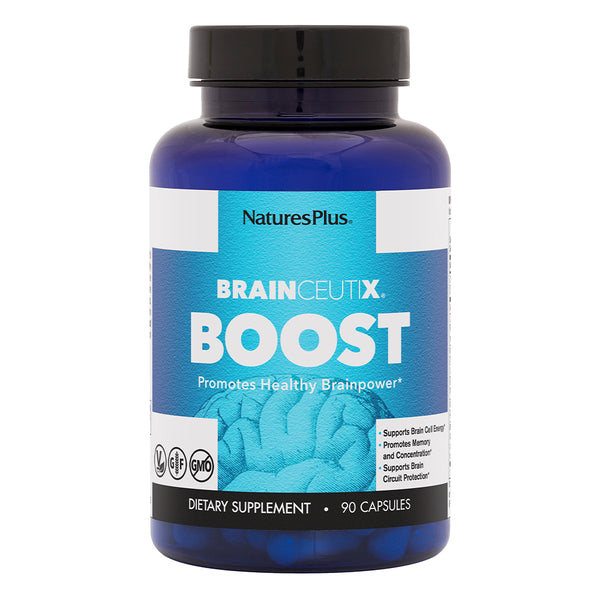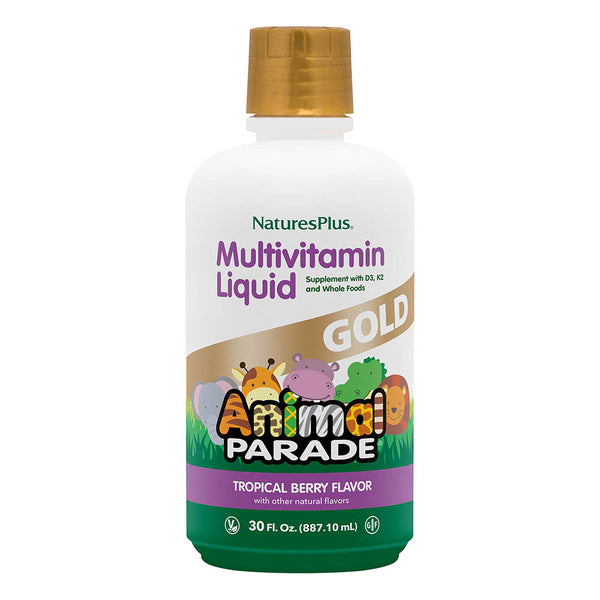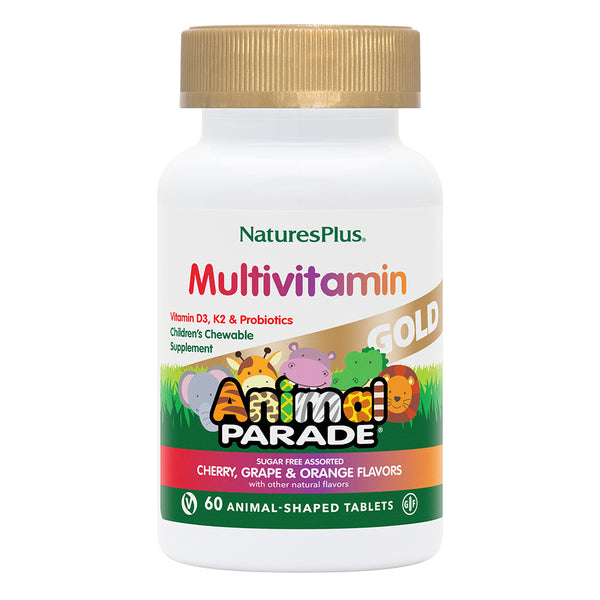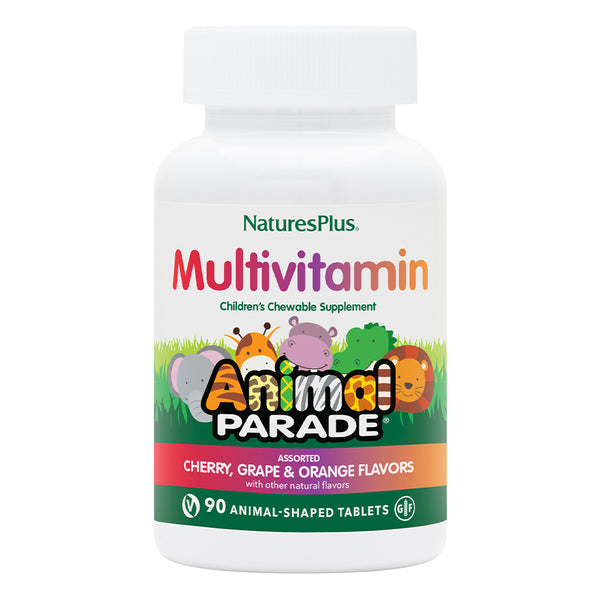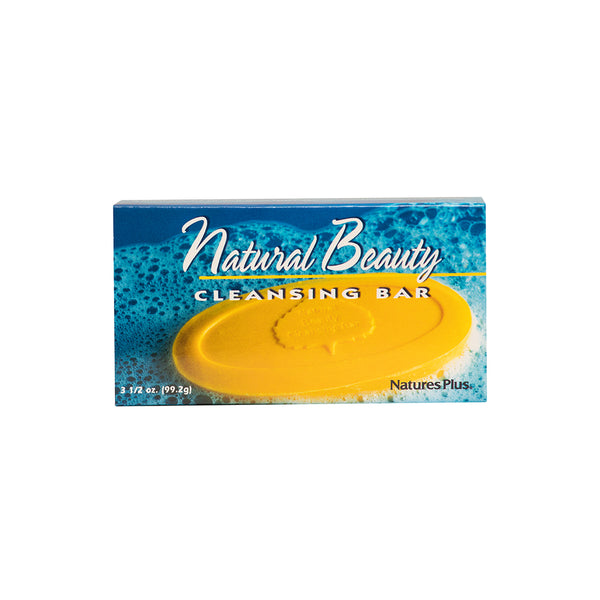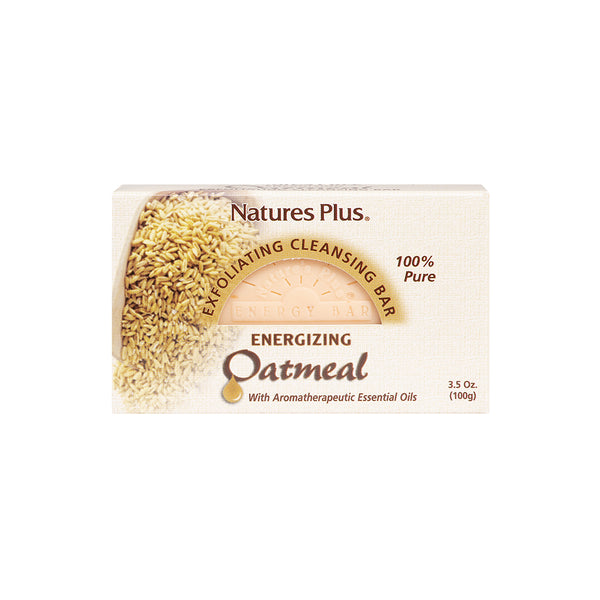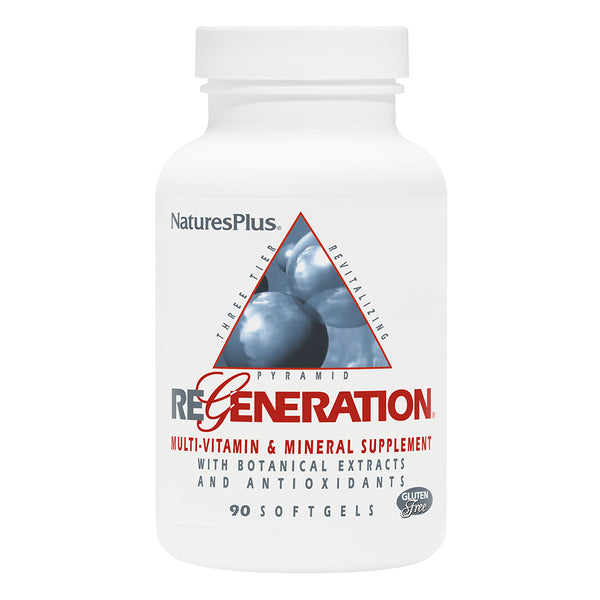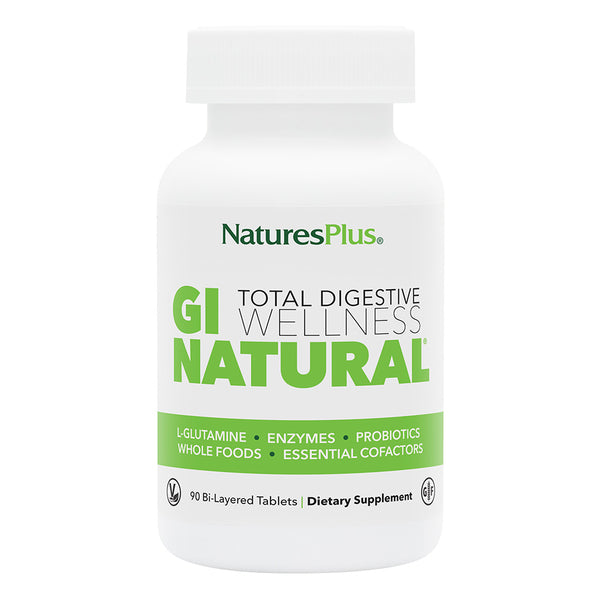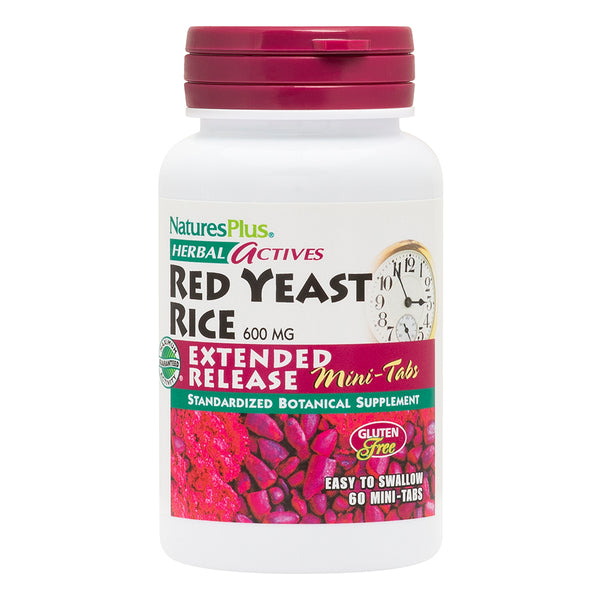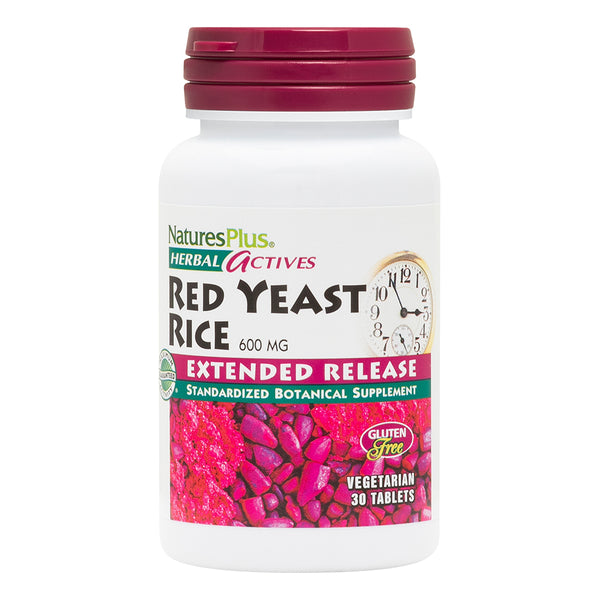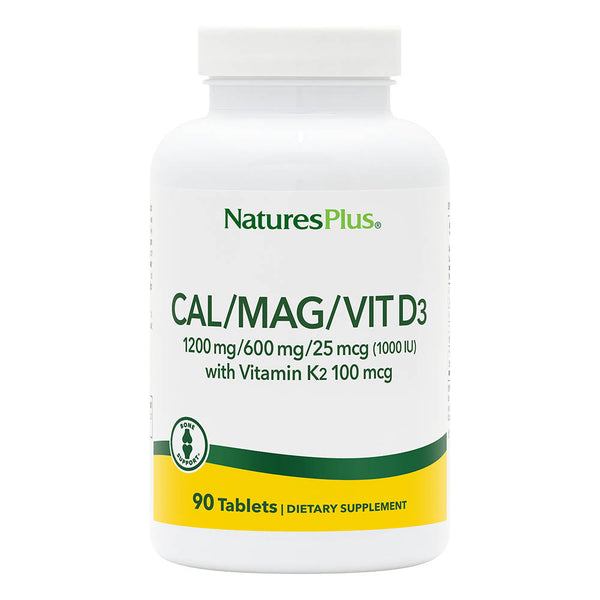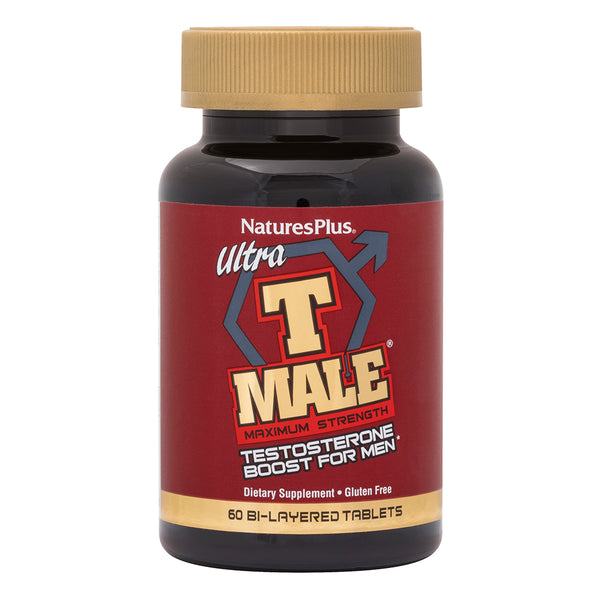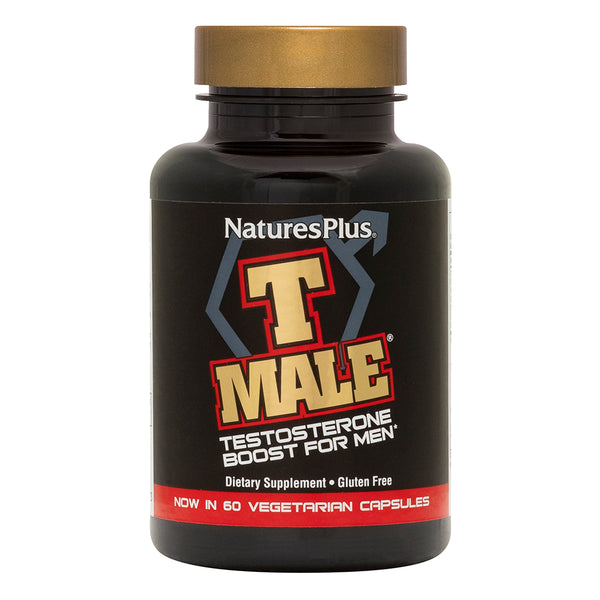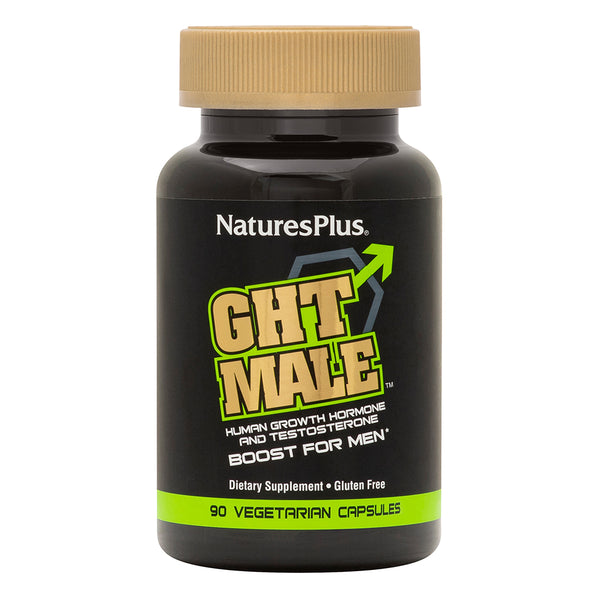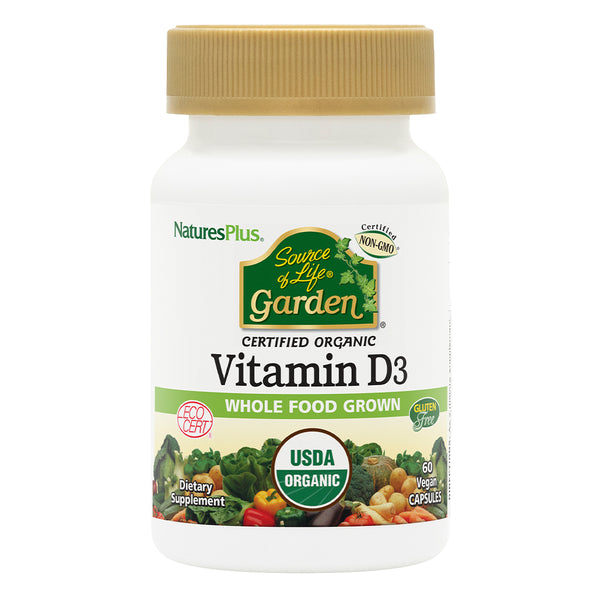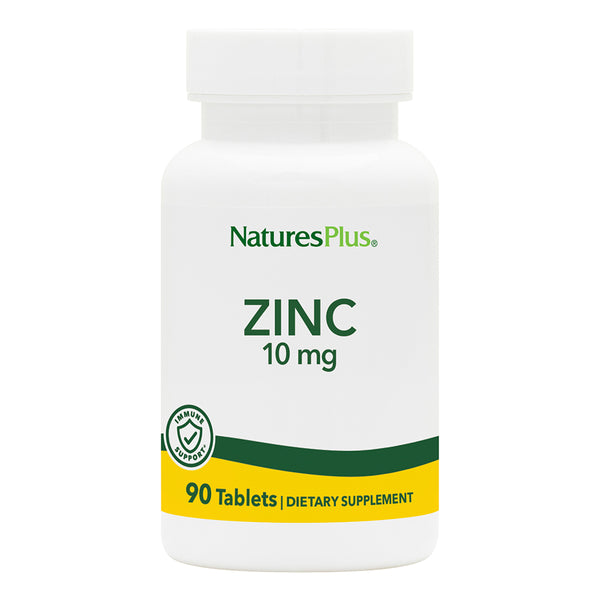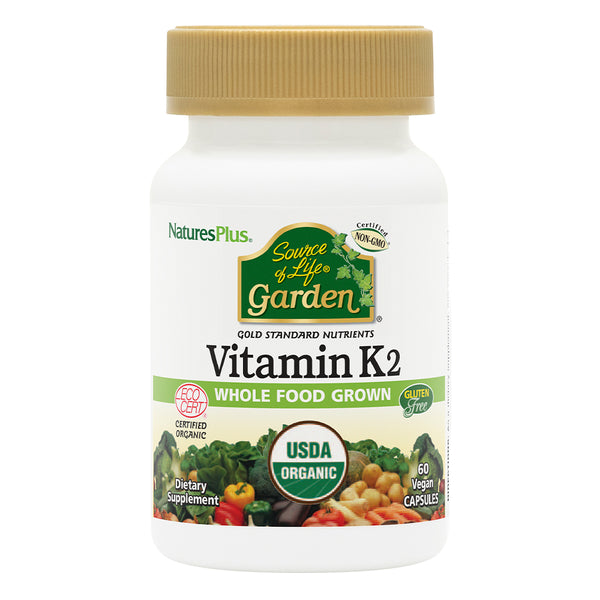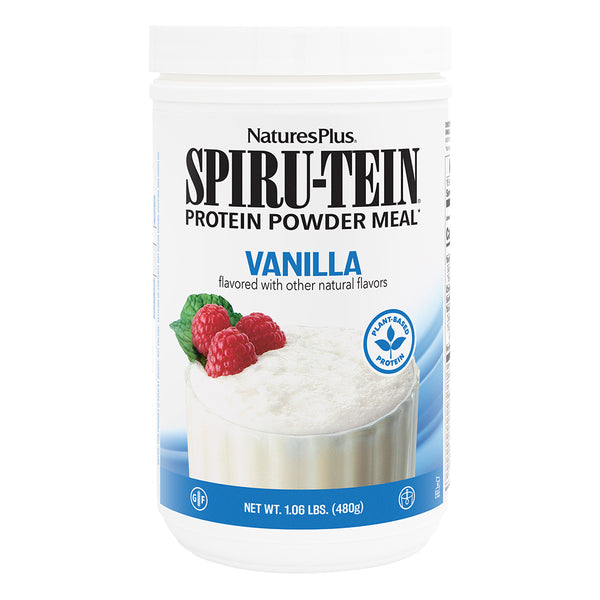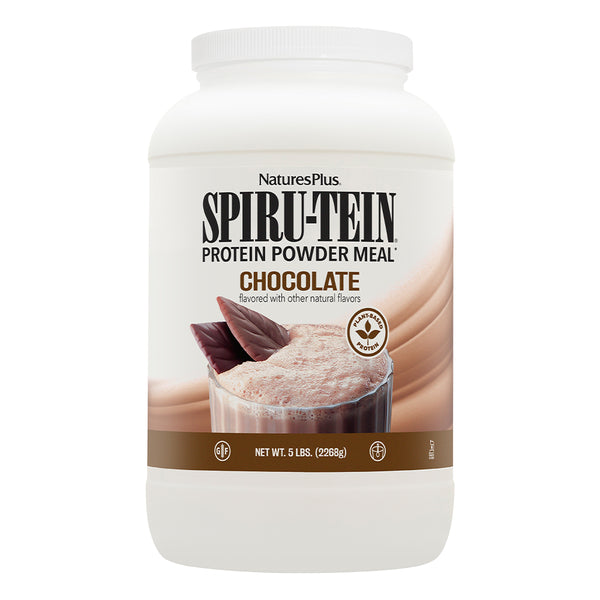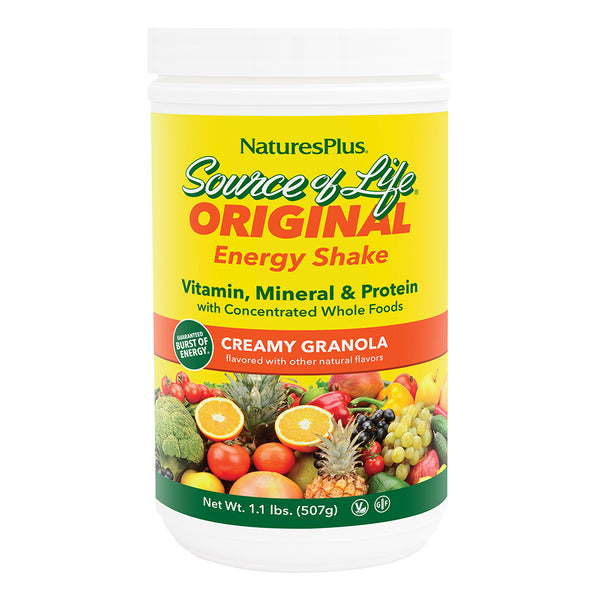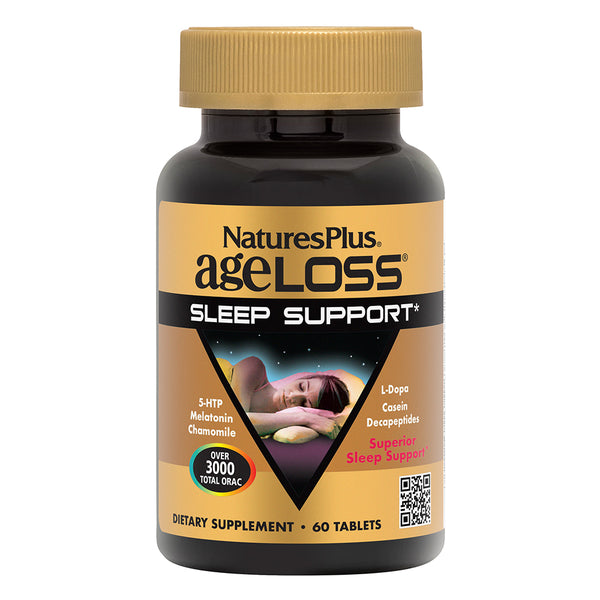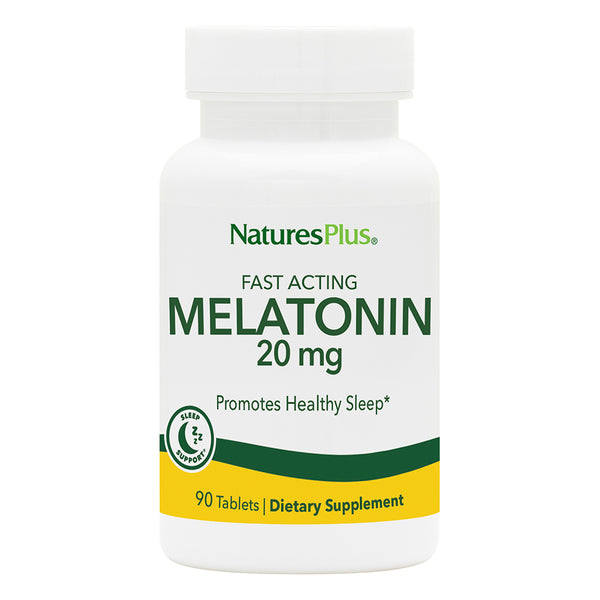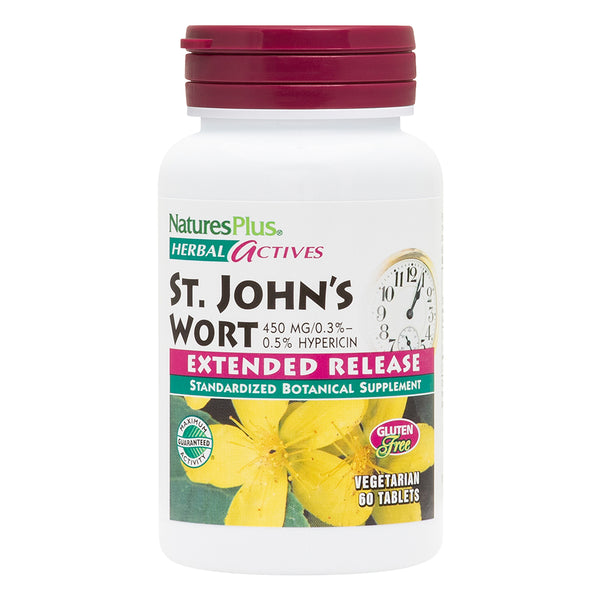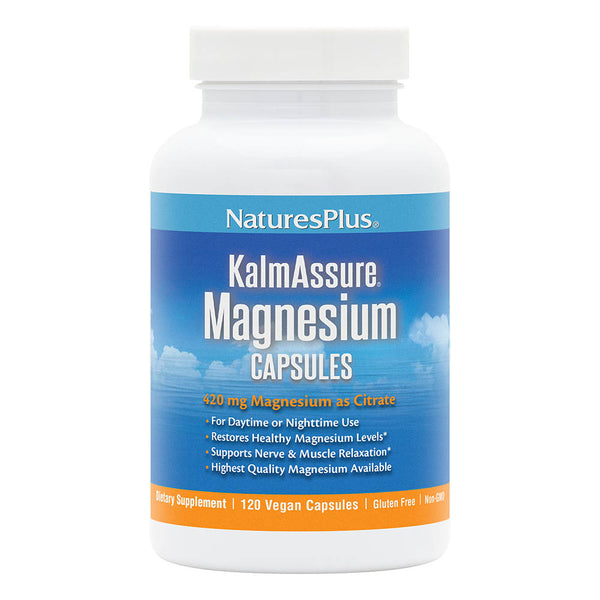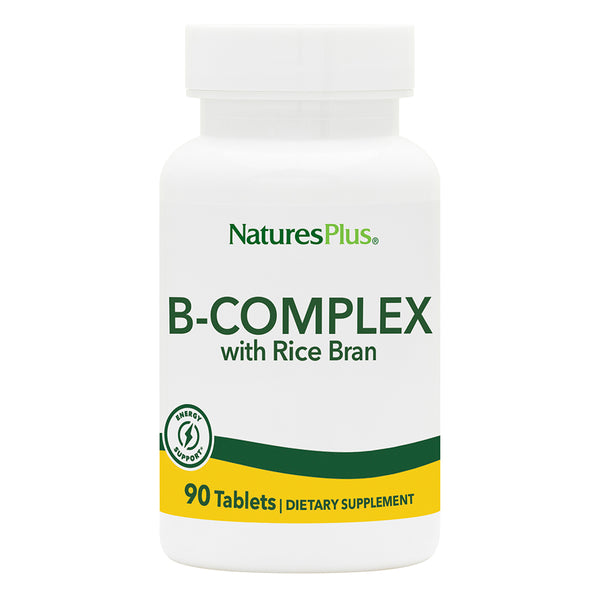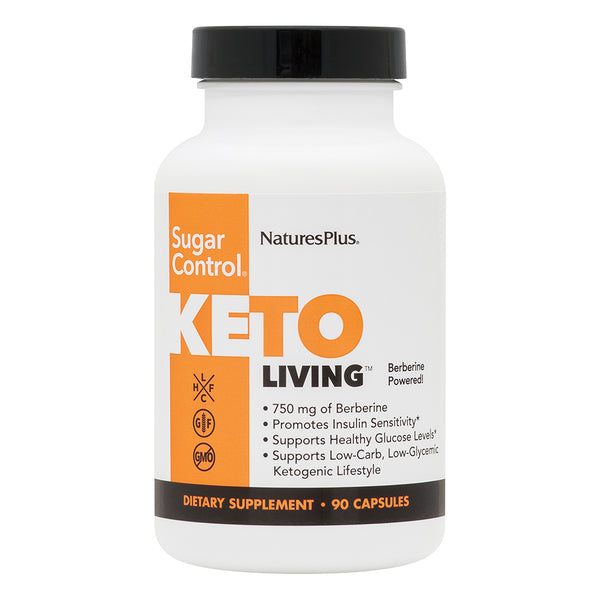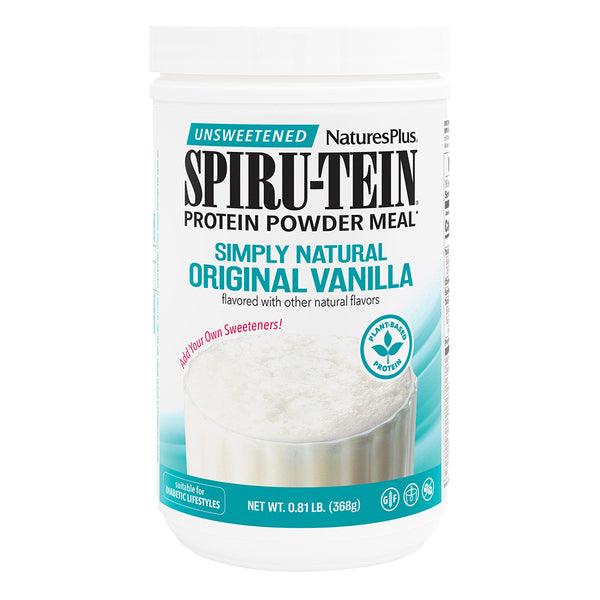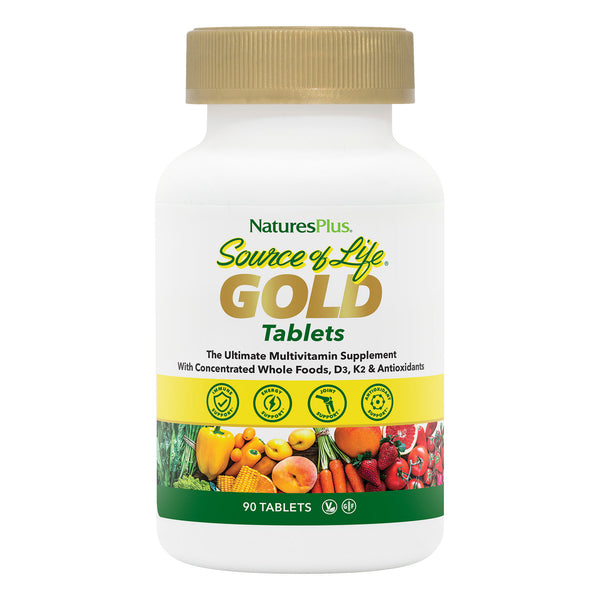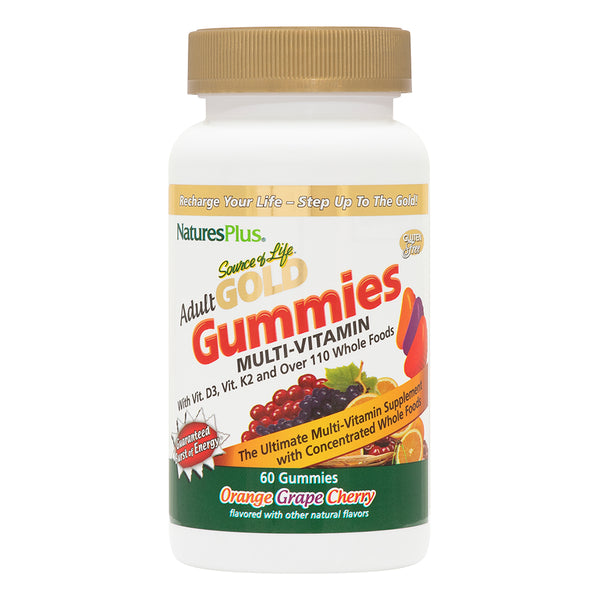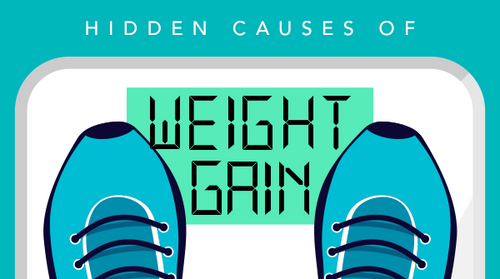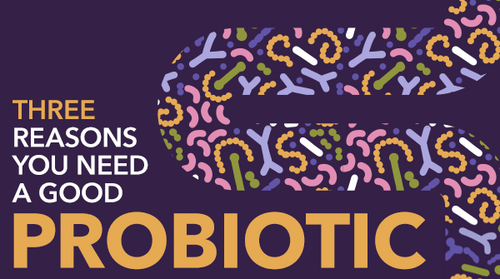Collagen is often thought of as a woman’s beauty aid, something that can support youthful-looking skin. That notion is only half-right, however: As important to skin as it is, collagen plays other crucial roles in the body—making it valuable for both women and men.
What is collagen? It’s a protein that accounts for about 30% of the body’s total protein content. Tough and flexible, collagen supplies the basic building material from which your tissues are sculpted.
Collagen in Skin and Hair
Much of your body’s collagen is indeed found in your skin, mostly in a lower layer called the dermis, where new cells grow. Collagen gives your skin not only shape and definition but also elasticity.
Collagen is also found in your hair (as well as your nails). It provides amino acids needed to create keratin, the main protein found in hair, and supports the health of hair follicles, the structures from which hairs grow.
Collagen in Joints and Connective Tissue
Want joints that move comfortably? That requires collagen, which is a key component of the joint cartilage that allows for free and easy movement.Collagen is also the main protein found in matrix, the scaffolding on which your bones are built.
In addition, collagen is found in ligaments, which connect bones to each other, and tendons, which connect bones to muscles. In fact, recent research suggests that collagen and vitamin C may work together to support these vital connective tissues.
Collagen for the Intestines
Good health starts with good digestion, and good digestion requires a gastrointestinal tract lining that is strong and stable. Collagen supplies three amino acids—glutamine, glycine and proline—needed to support a healthy digestive tract lining.
Collagen Types for Every Need
What allows collagen to fill these and many other roles is that it comes in a number of different types—28, at last count.
Of all these collagens, up to 90% consist of types I, II and III. Of those, I and III are the kinds most commonly found in the skin as well as the hair and nails, while type II is a major component of joint cartilage.
Maintaining healthy collagen requires a healthy lifestyle, which eliminates sugar consumption and smoking while emphasizing a nutritious diet, plenty of water, adequate exercise and consistent stress relief.
In addition, you may want to cover your bases with collagen supplementation.
Look for hydrolyzed collagen, in which the protein molecules are broken down into smaller units called peptides for better absorption, that supplies not only collagen types I, II and III but other types as well, such as IV, V and X. Quality products come from sustainably managed sources and contain enzymes that maximize collagen absorption.
IMPORTANT DISCLAIMER
The information in this blog is provided for educational purposes only and is not a substitute for consultation with a doctor or qualified healthcare professional. Consultation with a doctor or qualified healthcare practitioner is strongly advised, before starting any regimen of supplementation, a change in diet or any exercise routine. Individuals who engage in supplementation to promote health, address conditions or support any structure or function of the body assume all risks. Women who are pregnant, especially, should seek the advice of a medical doctor before taking any dietary supplement and before starting any change in diet or lifestyle. Descriptions of herbs, vitamins, nutrients or any ingredients are not recommendations to take our products or those of any other company. We are not doctors or primary-source science researchers. Instead, we defer to the findings of scientific experts who conduct studies, as well as those who compile and publish scientific literature on the potential health benefits of nutrients, herbs, spices, vitamins or minerals. We cannot guarantee that any individual will experience any of the health benefits associated with the nutrients described. Natural Organics will not be held liable for any injuries, damages, hinderances or negative effects resulting from any reliance on the information presented, nor will Natural Organics be held accountable for any inaccuracy, miscalculation or error in the scientific literature upon which the information provided is based.
Like this article? You’ll love our weekly newsletter
sign up here!
**These statements have not been evaluated by the Food and Drug Administration. This product is not intended to diagnose, treat, cure or prevent any disease.
